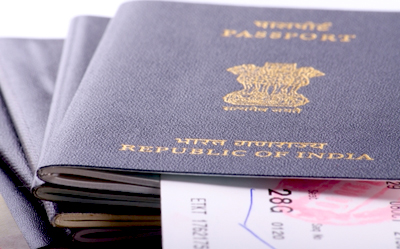Riyadh, Jul 16: An employer does not have the right to retain the passport of his expat employee without the employee’s consent, Khalid Aba Al-Khail, spokesman for the Ministry of Labor and Social Development, said.

He called on employers not to keep the passports of their employees unless they agree on that to avoid any penalty stipulated by the executive by-laws of the labor law. The penalty includes imposition of a fine of SR2,000 for each case, but can carry multiple fines in case he retains the passports of additional workers.
He said the ministry seeks to regulate the contractual relations between the two parties and fix the rights and duties of both sides, which aims to streamline the Saudi labor market and create a suitable work environment for all parties to ensure increased productivity and promotion of the national economy, he said. He stressed there will be no tolerance for whoever violates the labor system. In this context, he called on the parties concerned to read the executive by-laws of the labor law on the Ministry’s website at www.mosa.gov.sa.





Comments
No comments
Add new comment